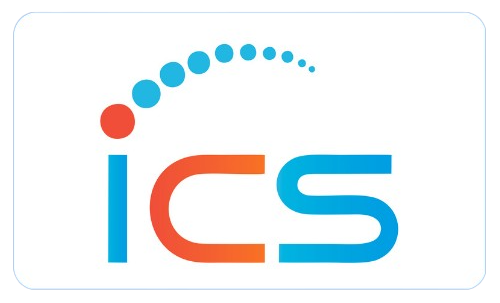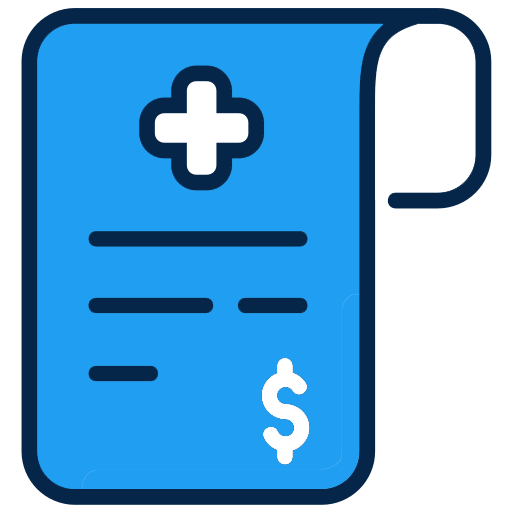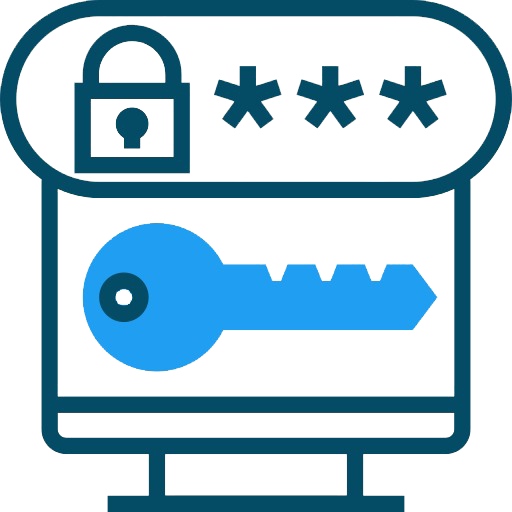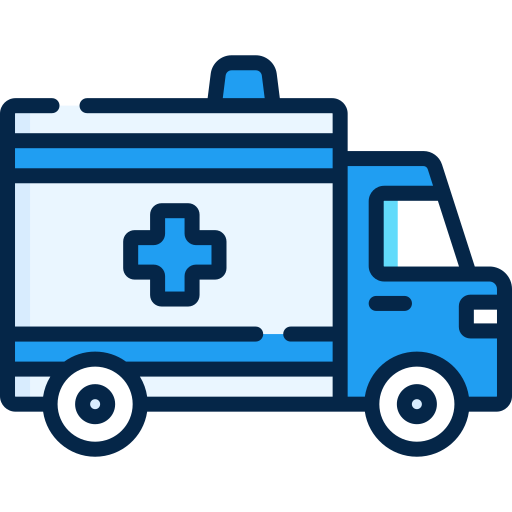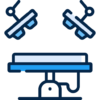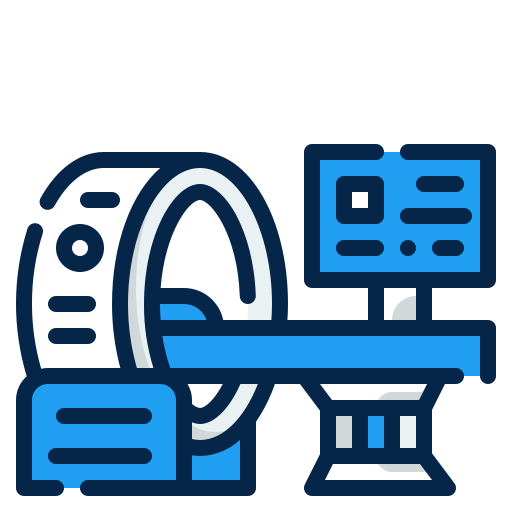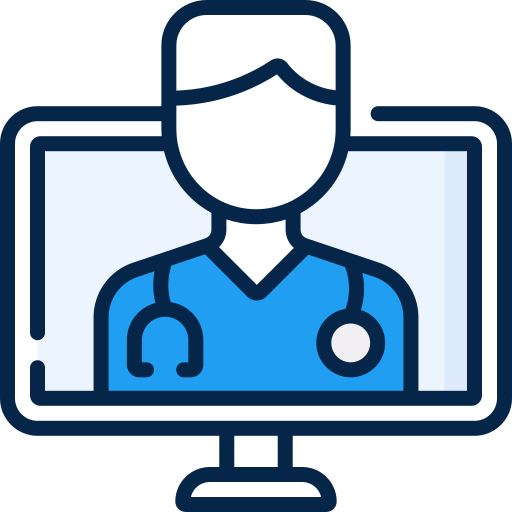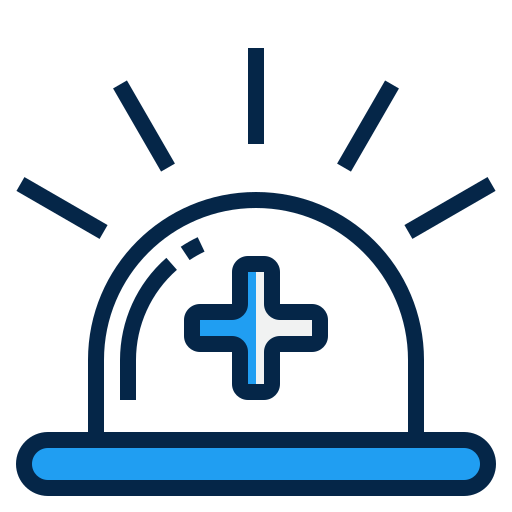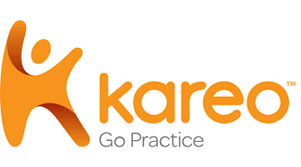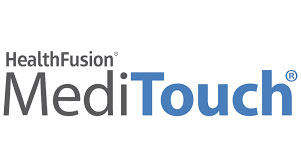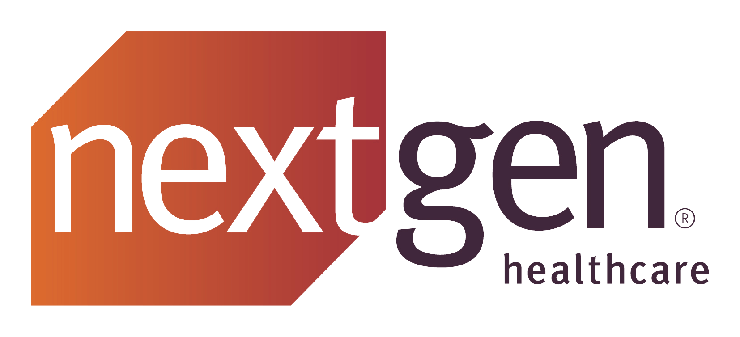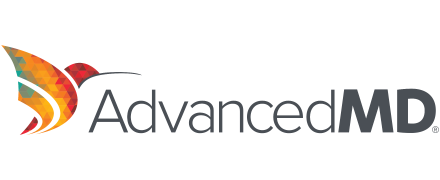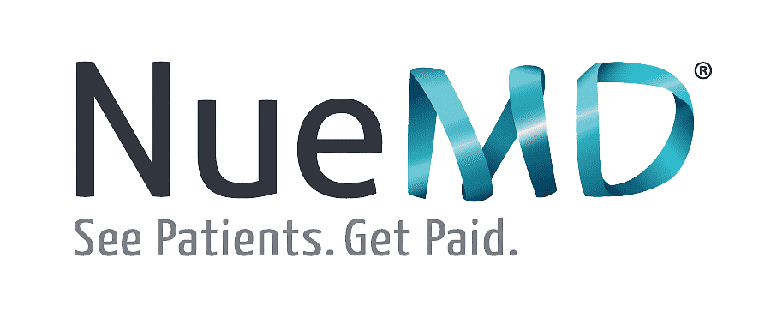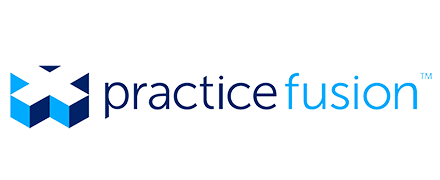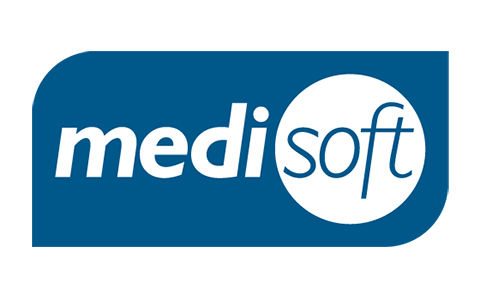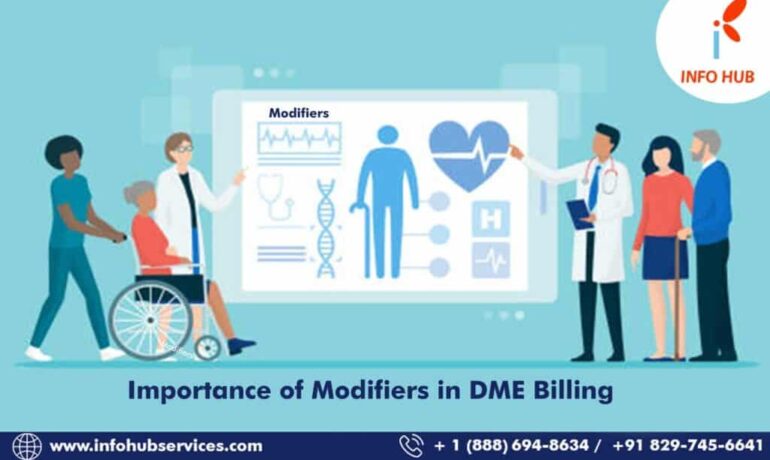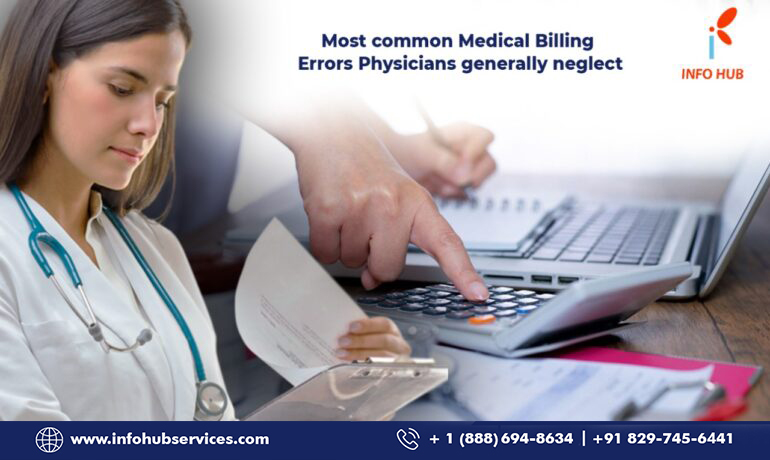Because DME billing and coding involves patients' Durable Medical Equipment, it differs from conventional coding systems, making it a foundation of all DME billing and coding. Although not all HCPCS codes require the addition of a modifier, the majority of them do. In general, a modifier indicates whether the item...
All You Want to Know About Orthopaedic Billing
Orthopaedic billing requires sufficient documentation pertaining to a patient’s visit. All services performed must be meticulously documented and charged for by the billing staff. Errors such as incorrectly entering patient details or failing to check the patient's eligibility before submitting a claim might result in a claim being rejected. In...
Top 3 Challenges with Ambulance Billing
Ambulance billing presents a number of specific compliance issues. A considerable number of false claim cases, fraud investigations, Medicare audit activity, and other billing-related incidents have been reported in the ambulance sector. To successfully avoid these hazards, billers must have a thorough understanding of the complexities of ambulance reimbursement. Medical...
Importance Of A/R Follow-Up And Denial Management
Accounts Receivables that are way overdue should be followed up on promptly, along with effective denial management that contributes to the health of a healthcare providers financial strength. The primary purpose of accounts receivable management in healthcare is to increase cash flow in a practice by shortening the collection duration and lowering the...
Most Common Medical Billing Errors Physicians Generally Neglect
The healthcare industry relies heavily on medical billers and coders, who send bills to insurance providers, which then pay claims. Errors are bound to happen, especially when working with the thousands of codes a medical biller or coder must know. The International Classification of Diseases, Tenth Revision (ICD-10) was developed...
